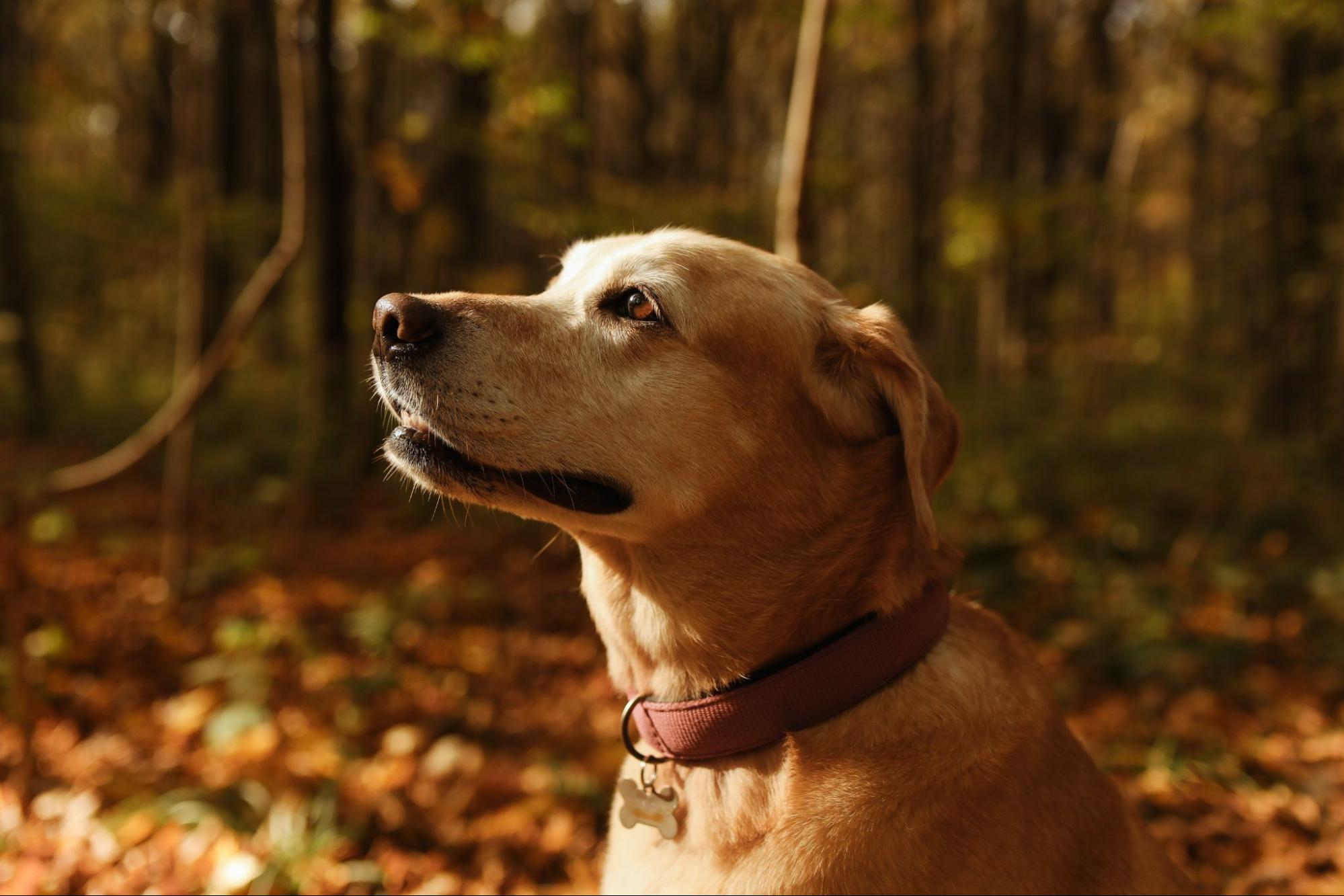How to Train Dog to Stop Barking at Strangers
Are you struggling with your Labrador’s tendency to bark at strangers? If so, don’t worry! In this article, I’ll share effective tips on how to train your dog to stop barking at strangers by desensitising them. With a little patience and consistency, you can help your Labrador become more calm and composed in the presence of unfamiliar faces.
One key approach to tackling this behaviour is through desensitisation training. By gradually exposing your Labrador to strangers in controlled environments, you can help them become more comfortable and less reactive over time. The goal is to teach your dog that encountering new people doesn’t have to be a cause for alarm.
To begin, start by introducing your Labrador to strangers from a distance. Use positive reinforcement techniques such as treats or praise when they remain calm. As your dog becomes more at ease, gradually decrease the distance between them and the strangers until they can comfortably interact without barking.
Remember, consistency is crucial in this training process. Practise regularly and expose your Labrador to different individuals of various ages, genders, and appearances to generalise their newfound calmness. With dedication and a well-executed desensitisation plan, you’ll soon notice significant improvements in their behaviour around strangers.
So let’s get started on this journey towards a quieter and more relaxed Labrador! Together, we’ll work towards helping your furry friend overcome their barking habit and foster positive interactions with people they encounter along the way.

Why Do Dogs Bark at Strangers?
Dogs have a natural instinct to protect their territory and alert their owners of potential threats. When it comes to barking at strangers, Labradors are no exception. Understanding why dogs exhibit this behaviour can help us address it effectively.
- Protective Instinct: Labradors, like many other breeds, have an inherent protective instinct towards their family and home. They see strangers as potential intruders and may bark to warn them away.
- Fear or Anxiety: Some Labradors may bark at strangers out of fear or anxiety. This could be due to past negative experiences or a lack of socialisation during their early development stages.
- Lack of Training: If a Labrador hasn’t been properly trained on how to behave around strangers, they may resort to barking as a way of expressing uncertainty or discomfort in unfamiliar situations.
- Territorial Behaviour: Dogs are territorial creatures by nature, and Labradors are no different. They perceive their surroundings as their territory and may feel the need to defend it from perceived threats.
- Guarding Resources: In some cases, Labradors may bark at strangers who approach valuable resources such as food, toys, or resting areas. This behaviour is rooted in the dog’s desire to protect what they consider theirs.
It’s important to note that while barking at strangers is a common behaviour among Labradors, excessive or incessant barking can be problematic for both you and your neighbours. To address this issue and desensitise your Labrador:
- Gradually expose your Labrador to controlled encounters with strangers.
- Use positive reinforcement techniques such as treats and praise when your Labrador remains calm around strangers.
- Provide proper obedience training so that your Labrador understands basic commands like “sit,” “stay,” and “quiet.”
- Socialise your Labrador from an early age by exposing them to a variety of people, places, and situations.
By addressing the underlying reasons for your Labrador’s barking behaviour and implementing consistent training techniques, you can help them become more comfortable around strangers and reduce excessive barking. Remember to be patient and consistent in your efforts as it may take time for your Labrador to adjust their behaviour.